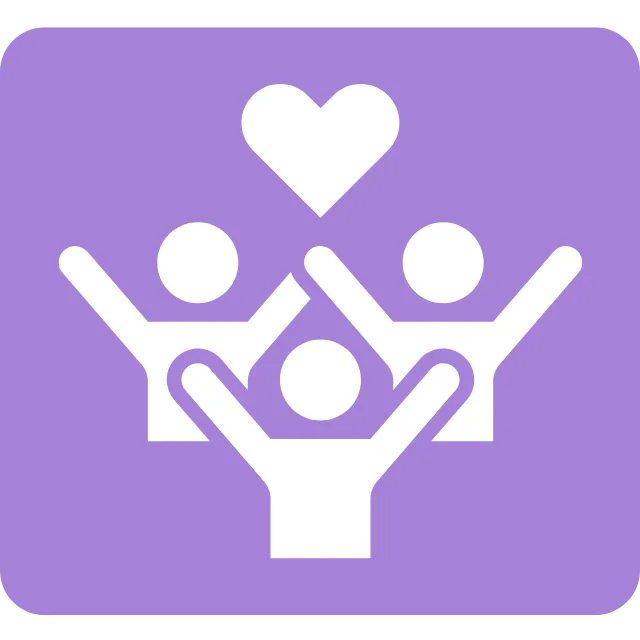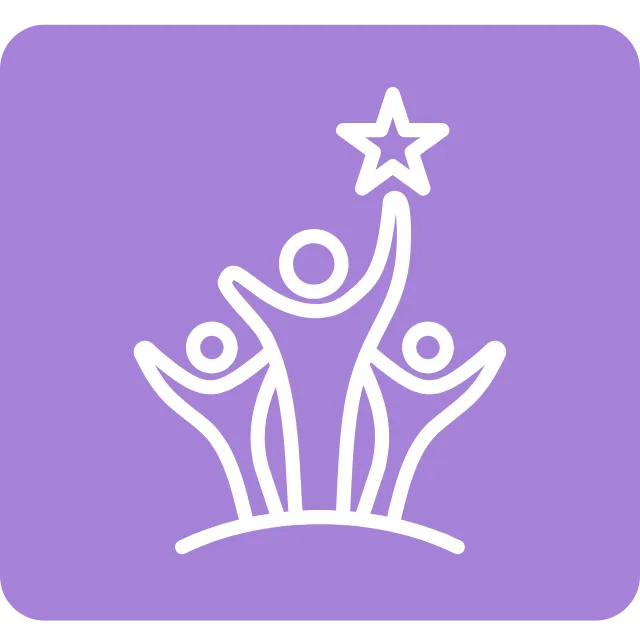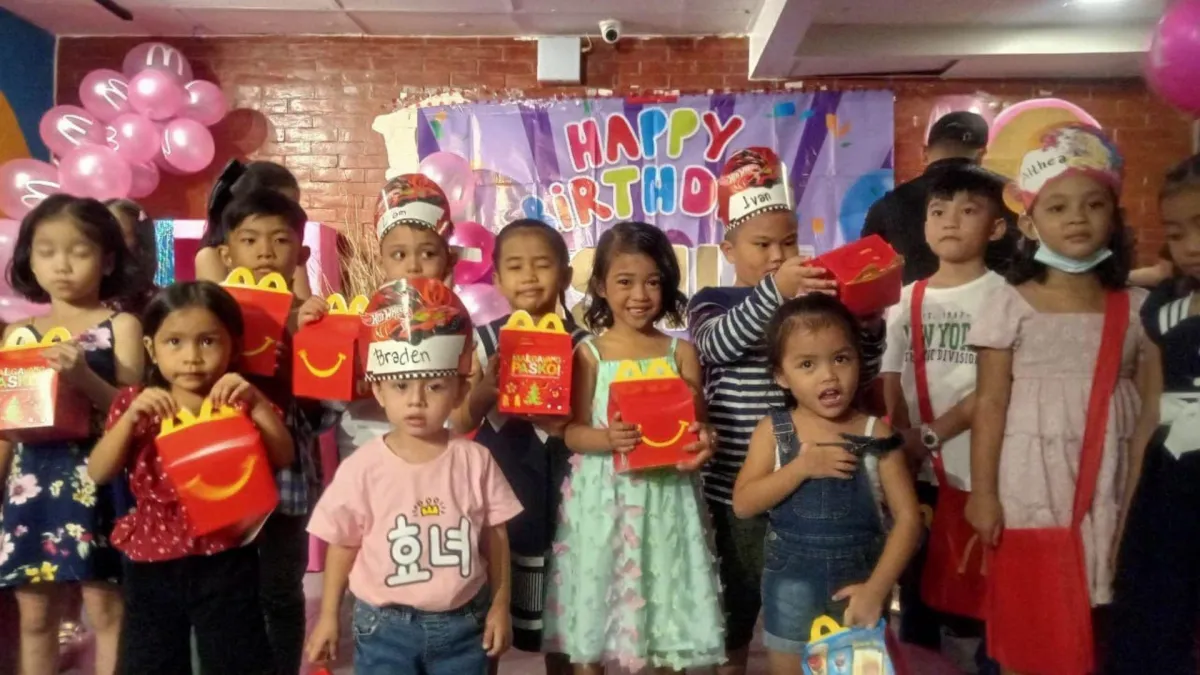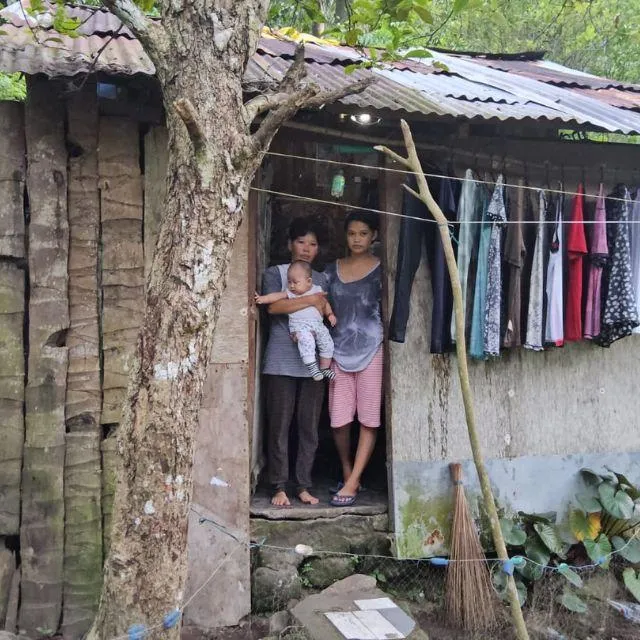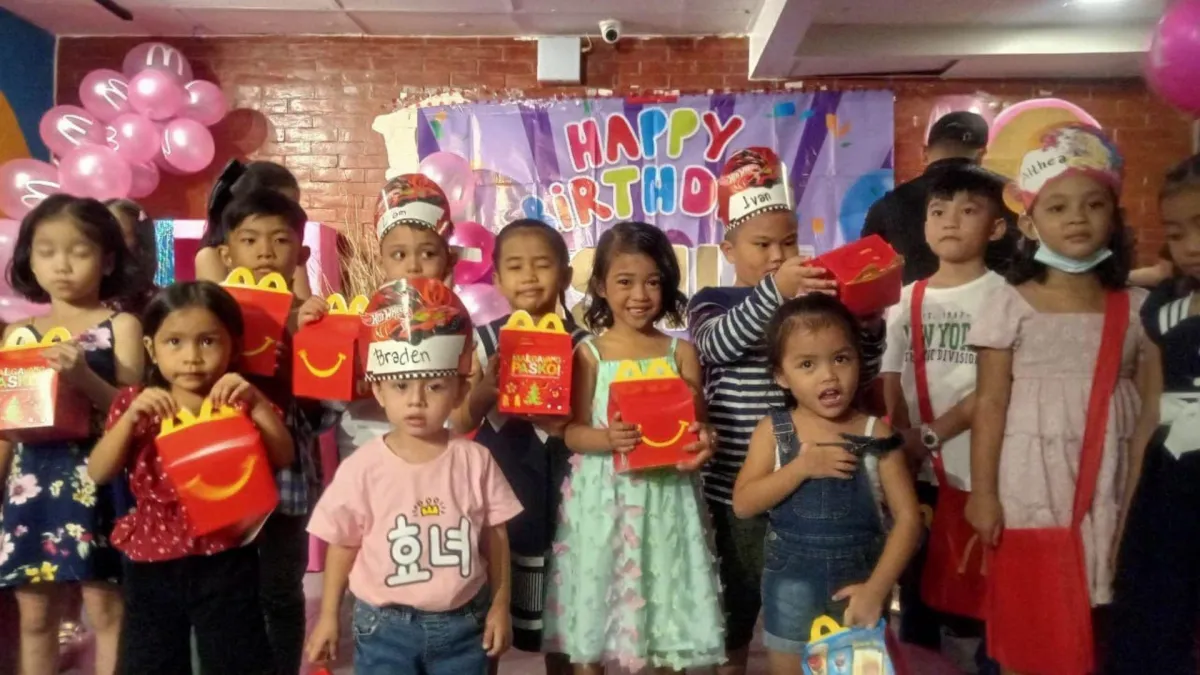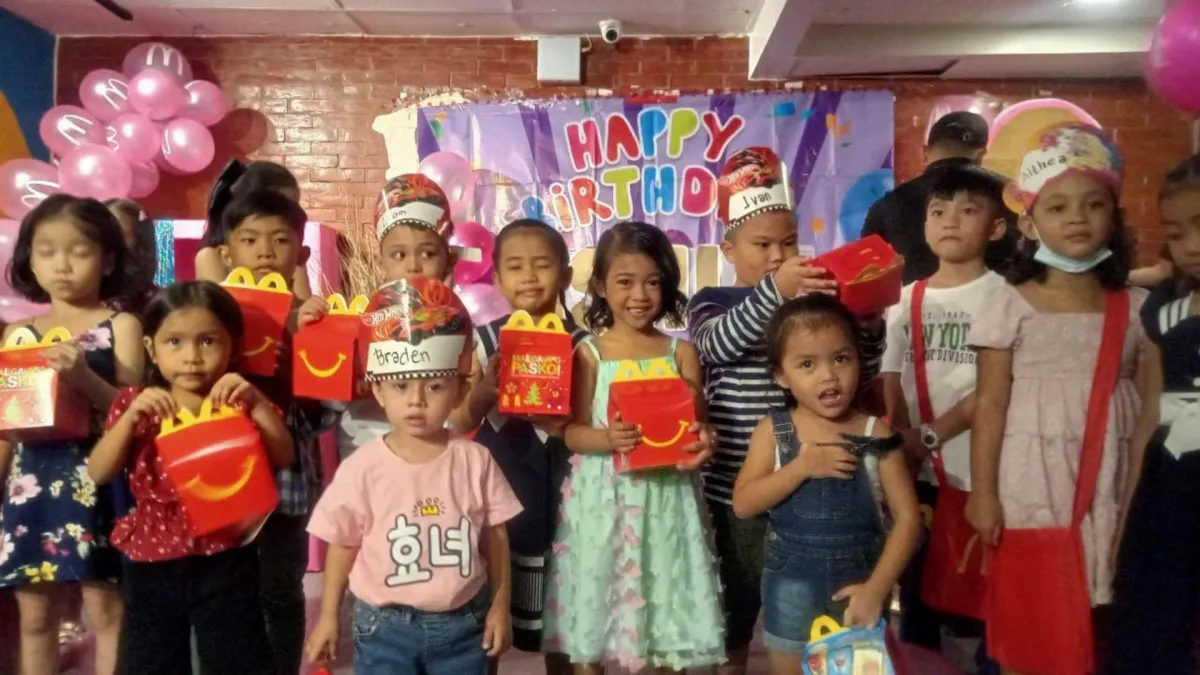
Child Empowerment Program
The Child Empowerment Program: Giving Children the Skills to Overcome Adversity
Introduction
At Born to Be Wealthy Foundation, we believe that every child has the potential to overcome life’s challenges and reach their full potential. The key to unlocking that potential is empowerment. Our Child Empowerment Program is designed to provide children with the skills they need to face adversity with resilience, confidence, and strength.
Children face many challenges—whether it’s in the classroom, in their personal lives, or in their communities. Empowering them with the tools to navigate these challenges not only helps them succeed today but also prepares them for a brighter future. In this blog post, we’ll explore how the Child Empowerment Program helps children develop the skills they need to overcome adversity and thrive.
What is the Child Empowerment Program?
The Child Empowerment Program is a comprehensive initiative designed to help children build self-confidence, emotional intelligence, resilience, and problem-solving skills. By focusing on these key areas, the program empowers children to take control of their lives, face challenges with confidence, and continue growing even in the face of adversity.
Through mentorship, hands-on activities, and support from caring adults, the program ensures that children have the emotional and social tools they need to succeed. The ultimate goal is to help children develop a strong sense of self-worth and the ability to overcome obstacles in every aspect of their lives.
The Importance of Empowering Children to Overcome Adversity
Children who face adversity often experience emotional and psychological setbacks that can impact their academic performance, social interactions, and mental health. Teaching children the skills to overcome adversity helps them build resilience and a positive outlook, which are essential for their growth and future success.
When children learn to view challenges as opportunities for growth, they develop the mental toughness needed to navigate difficult situations. Empowerment teaches children that they are not defined by their struggles but by their ability to rise above them.
Building Self-Confidence: The Foundation of Empowerment
One of the first steps in the Child Empowerment Program is building self-confidence. Children who believe in their abilities are more likely to take risks, pursue their dreams, and take on challenges. By celebrating their strengths and helping them build on their successes, the program nurtures self-confidence and encourages children to take ownership of their lives.
When children believe in themselves, they become more proactive in their education, relationships, and personal development. Self-confidence provides the foundation for overcoming adversity and taking control of their future.
Emotional Intelligence: Managing Emotions to Overcome Adversity
Emotional intelligence (EQ) is a critical skill in overcoming adversity. The Child Empowerment Program teaches children to recognize, understand, and manage their emotions. By learning to cope with feelings of frustration, sadness, and fear, children develop the resilience needed to bounce back from setbacks.
Emotional intelligence also helps children develop empathy and stronger relationships with others. Children with high EQ are better equipped to handle social challenges and navigate conflicts in healthy ways.
Resilience: Turning Challenges into Opportunities for Growth
Resilience is the ability to recover from setbacks, adapt to challenges, and keep moving forward. The Child Empowerment Program places a strong emphasis on building resilience by teaching children to view obstacles as opportunities for growth. Children who develop resilience are better able to cope with failure, stay motivated, and persevere through difficult situations.
Resilience also plays a vital role in academic success, as children who are resilient are more likely to stay focused on their studies and work through challenges in their learning.
Social Skills and Support Networks: The Power of Community
The Child Empowerment Program fosters social skills by helping children build positive relationships with their peers, teachers, and mentors. By developing strong social networks and support systems, children gain the confidence to face challenges and ask for help when needed.
Peer support is a key component of the program, as children learn to work together, collaborate on projects, and support each other through difficult times. These social connections help children feel empowered and less isolated when facing adversity.
Developing Problem-Solving and Critical Thinking Skills
The Child Empowerment Program also emphasizes problem-solving and critical thinking skills, which are essential for overcoming adversity. By encouraging children to think critically and make decisions independently, the program helps them become more adaptable and resourceful.
Children who can think creatively and come up with solutions to problems are better equipped to navigate life’s challenges. The program teaches children to approach adversity with a growth mindset, viewing obstacles as temporary setbacks that can be overcome with the right approach.
The Lifelong Impact of Empowering Children to Overcome Adversity
The Child Empowerment Program has a lasting impact on children’s lives. By teaching children to overcome adversity, the program equips them with the skills needed to succeed not only in school but in every aspect of their lives. Empowered children grow into adults who are confident, resilient, and capable of handling the challenges they encounter.
The skills children learn through the program continue to serve them throughout their lives, helping them pursue higher education, build strong careers, and contribute positively to their communities.
Success Stories: How the Child Empowerment Program Has Transformed Lives
The Child Empowerment Program has already made a profound impact on many children. Here are a few success stories:
Story 1: Jane, a 13-year-old girl, struggled with self-esteem issues and academic challenges. After participating in the program, Jane developed the confidence to take on leadership roles in school and became a top performer in her class.
Story 2: Michael, a 10-year-old boy, faced difficulties at home that affected his school performance. Through the program, Michael learned emotional regulation, resilience, and problem-solving skills, which helped him overcome personal challenges and excel in his education.
The Role of Donors and Volunteers in Supporting the Program
The Child Empowerment Program depends on the support of donors and volunteers who provide the necessary resources, mentorship, and funding. Donors help sustain the program by funding activities, workshops, and resources that help children develop the skills they need to overcome adversity. Volunteers provide essential mentorship and guidance to children, helping them navigate challenges and build confidence.
How You Can Get Involved
You can support the Child Empowerment Program by:
Donating funds or resources to help provide empowerment activities and mentorship.
Volunteering to mentor children, assist with program activities, or provide guidance on specific skills.
Spreading the Word to raise awareness and encourage others to get involved in empowering children.
Conclusion
The Child Empowerment Program is helping children develop the skills they need to overcome adversity and succeed in life. By building self-confidence, emotional intelligence, resilience, and problem-solving abilities, the program empowers children to face challenges with confidence and perseverance. Join us in supporting the Child Empowerment Program and help provide children with the tools they need to thrive in a world full of challenges.





